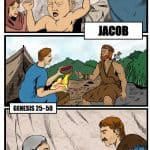Jacob is one of the most prominent figures in the Old Testament. His life was filled with challenges, struggles, and blessings that we can learn from and apply to our own lives. As we delve into his story, we will discover how God’s plan unfolds through the lives of imperfect individuals and how even in our brokenness and mistakes, we can still be used by God for His glory.
Key Points
- God can use and transform our lives.
- You reap what you sow.
- Knowing true value.
BIBLE READING: Genesis 25-50
MEMORY VERSE: “Esau said, “I am about to die; of what use is a birthright to me?” Genesis 25:32
DOWNLOAD THE FREE PRINTABLE LESSON

BIBLE STUDY NOTES FOR TEENS
BACKGROUND TO THE PASSAGE
Here is a quick summary of Jacob’s life as recorded in the Bible:
- Jacob was born to Isaac and Rebekah as the younger twin brother of Esau (Genesis 25:19-26).
- Jacob tricked Esau into selling his birthright for a bowl of stew (Genesis 25:27-34).
- Jacob also deceived his father Isaac into giving him the blessing that was meant for Esau by pretending to be him (Genesis 27:1-29).
- Fearing Esau’s anger, Jacob fled to his uncle Laban’s household in Haran (Genesis 27:41-45).
- Laban tricked Jacob into marrying his older daughter Leah instead of Rachel but agreed to let him marry Rachel as well in exchange for seven more years of work (Genesis 29:21-30).
- On his way back, Jacob wrestled with God and received a new name, Israel, meaning “he who struggles with God” (Genesis 32:22-32).
LESSON GUIDE
1. THE IMPORTANCE OF THE BIRTHRIGHT – GENESIS 25:31
The birthright in Scripture was an important right and responsibility belonging to the family’s oldest son. This right conferred special honours upon its holder and granted them the inheritance they would receive from their father upon his death. The birthright gave its bearer a great deal of privilege and security, as it was associated with wealth, power, and honour.
In the case of Esau and Jacob, we must remember the promise the Lord had made to his grandfather, Abraham, and the promise passed down to his father, Isaac. In Genesis 12:1-3 God promised Abraham that he would make him into a great nation and bless those who blessed him. He further stated that in him, all nations on earth would be blessed. This promise was passed down to Isaac in Genesis 17:19-21. Thus, we can see that the birthright held a special meaning for this family because it represented not only worldly wealth and honour but also a spiritual blessing from the Lord.
The story of Esau and Jacob teaches us the importance of understanding the value of what is being given away or taken in any situation. The Bible says in Romans 8:17, “and if children, then heirs—heirs of God and fellow heirs with Christ, provided we suffer with him in order that we may also be glorified with him.”
Being a joint heir with Christ is an incredible privilege that comes with inheriting the promises of God. As joint heirs, we are given a share in the spiritual riches of our heavenly father, which include His love, grace, mercy, and peace. We become adopted children of God and members of His family.
2. DON’T EXCHANGE YOUR WAY TO REGRET – GENESIS 25:31-35
Esau was willing to trade something of immense value, his birthright, for something of little value, a bowl of stew. This decision would forever change the course of his life and influence the lives of those around him.
Esau was only interested in immediate satisfaction and couldn’t think beyond the moment. Esau was driven by his hunger and didn’t stop to consider the implications of what he was doing.
The Bible speaks to us about living with an eternal perspective. It encourages us to look beyond our current circumstances and make choices that will honour God, not just now but in the long run. We are called to live a life of faithfulness and obedience, trusting that God’s promises will be fulfilled in His perfect timing.
Esau illustrates the danger of not seeing things from a spiritual perspective by exchanging something of great worth for something vastly inferior.
Satan is a cunning strategist, and like Jacob tricked his brother, Satan seeks to deceive us in any way possible. He knows that if he can get us to give up our rights in Christ, he can rob us of the joy, peace and freedom that comes from living a Spirit-filled life.
Satan wants us to trade away the truth of God’s Word, our faith and fellowship with believers for temporary satisfactions of the flesh – things that will not last. He works to make sin look attractive and entice us to make bad choices that will lead us down the wrong path.
Therefore, we must diligently guard our hearts and minds against Satan’s schemes. Let’s avoid repeating Esau’s mistake by swapping away what is most valuable for something of much lesser worth.
3. REAP WHAT YOU SOW – GENESIS 29
The truth of Galatians 6:7, “that whatever a man sows, he will also reap.” applies to us all, and this is undoubtedly true in the case of Jacob.
Jacob tricks his brother Esau into exchanging his birthright for a bowl of stew. He later tricks his father into blessing him instead of his brother Esau. This causes a divide between the brothers and forces Jacob to flee from home.
As Jacob flees, he learns that his uncle Laban is an even better trickster than him. Jacob was tricked by his uncle Laban in more ways than one. Firstly, Laban switched Leah for her sister Rachael, on the day of their wedding. Then Leban cheated Jacob of his wages. After completing fourteen years’ worth of work as payment for both Leah and Rachel, Laban had promised to reward Jacob with the speckled and spotted sheep in his flock. But Laban replaced the animal with all-white ones before Jacob realised what had happened.
Jacob did not need to trick himself into the blessing. God had already said in Genesis 25:23 that the older twin would serve the younger. This prophetic blessing showed that Jacob would have dominion over his brother, despite being born second.
We can learn a powerful lesson from Jacob and Esau’s story. When we focus on our desires rather than on God’s plans for us, our decisions have consequences that can be irreversible. Instead of trusting in ourselves or our ability to manipulate or deceive others, it is far wiser to wait on God and trust His perfect timing.
4. GOD CAN USE OUR PAST FOR HIS GLORY – GENESIS 32:22-31
God’s glory is often seen when He uses our past for His glory. Jacob is an excellent example of this.
God transformed Jacob’s life when He changed his name to Israel, meaning “he who struggles with God.” Jacob’s moment of blessing came after years of struggle and hardship, which included having stolen the birthright promised to him by his father. Despite all his mistakes and the consequences, he had to face for them, God could still use them for His glory.
Today, God can still use our mistakes for good. No matter what we have done or where we have been, God is always ready to forgive and restore us when we turn to Him in repentance. While it may take some time to recover from the effects of our mistakes, God’s grace and power are more than capable of bringing transformation. We can trust that God will use our experiences, even the tough ones, for His glory and our ultimate good. Don’t let your mistakes keep you from experiencing God’s love and redemption!
Eventually, after years apart, Jacob and Esau’s relationship is restored. God kept His covenant with Abraham and Isaac through Jacob. (See the genealogy of Jesus in Matthew 1). God can redeem our mistakes. We should never underestimate God’s power to transform our lives and turn our stories into something beautiful!
CONCLUSION
Despite Jacob’s mistakes and the resulting consequences, God could still transform Him for His glory. No matter what you have gone through or what mistakes you may have made, God is ready to restore and redeem you. Turn to God in repentance, and He will turn your story into something beautiful.
We should live with an eternal perspective, knowing that our decisions today will have far-reaching implications for our lives and others. We should strive to be patient and wait on God’s perfect timing instead of rushing ahead to pursue our plans.
Read full notes in the pdf lesson
YOUTH GAMES AND ACTIVITIES – Jacob
“JACOB’S LADDER” RELAY RACES
- Use an Agility Ladder or draw a ladder onto the floor using chalk or tape.
- Split children into teams.
- Players should cross the ladder and return to tag the next player.
- Set challenges such as jumping, hopping, right foot inside and so on.
- The first team to have all players return wins.
DISGUISE YOURSELF
- Gather the craft materials and lay them out on a table or work surface.
- Explain to the children that they will be creating a disguise for themselves using the materials provided.
- Have the children put on their disguises and look at themselves in the mirrors. Encourage them to be silly and have fun with their new identities.
- Play a game of “guess who” where the children must guess who is who based on their disguises.
TRADING GAME
- Prepare index cards or pieces of paper with different items written on them. These could include toys, food items, clothing, or other objects that children would be interested in trading.
- Give each child a set of cards or allow them to select a few cards from a pile.
- Explain to the children that they will be trading items with other members of the group to end up with a desired set of items.
- Encourage the children to walk around and talk to each other, offering trades for items they are interested in and negotiating with each other to reach a mutually beneficial agreement.
- Once a trade has been agreed upon, the children should exchange their items and continue trading until they have the desired set of items.
Free printable Teen Worksheets in the lesson pack
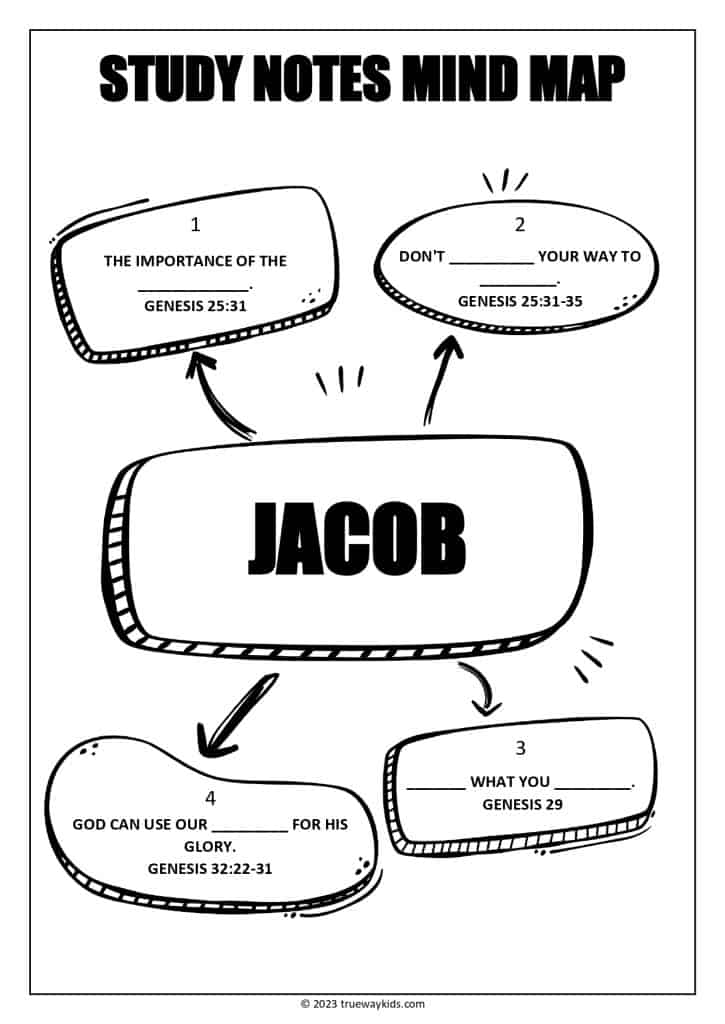
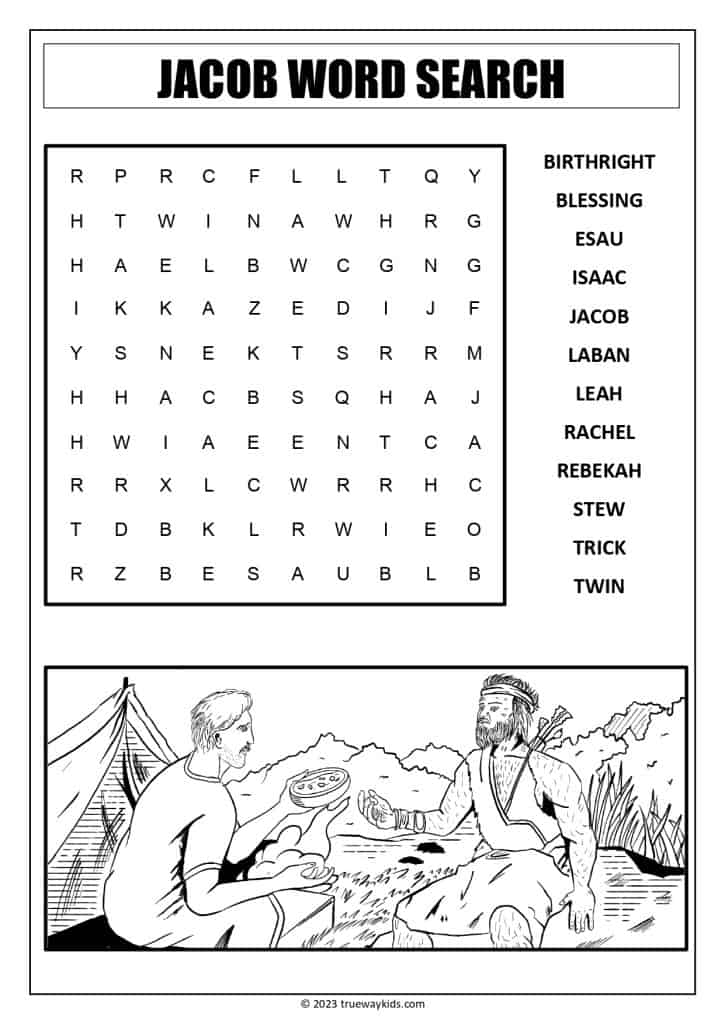
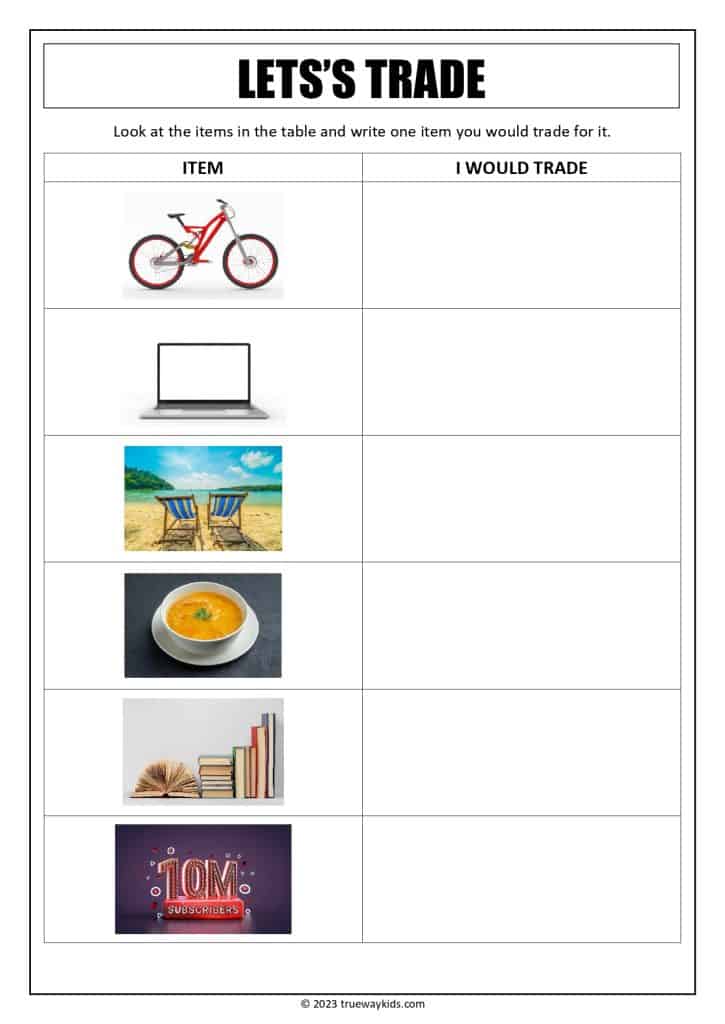
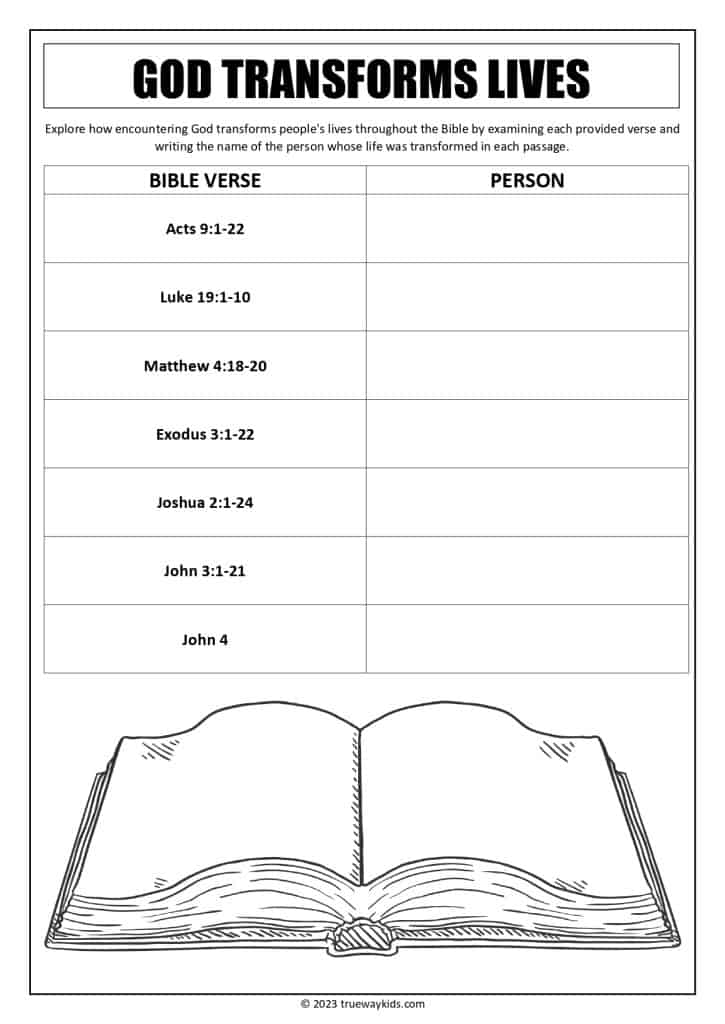
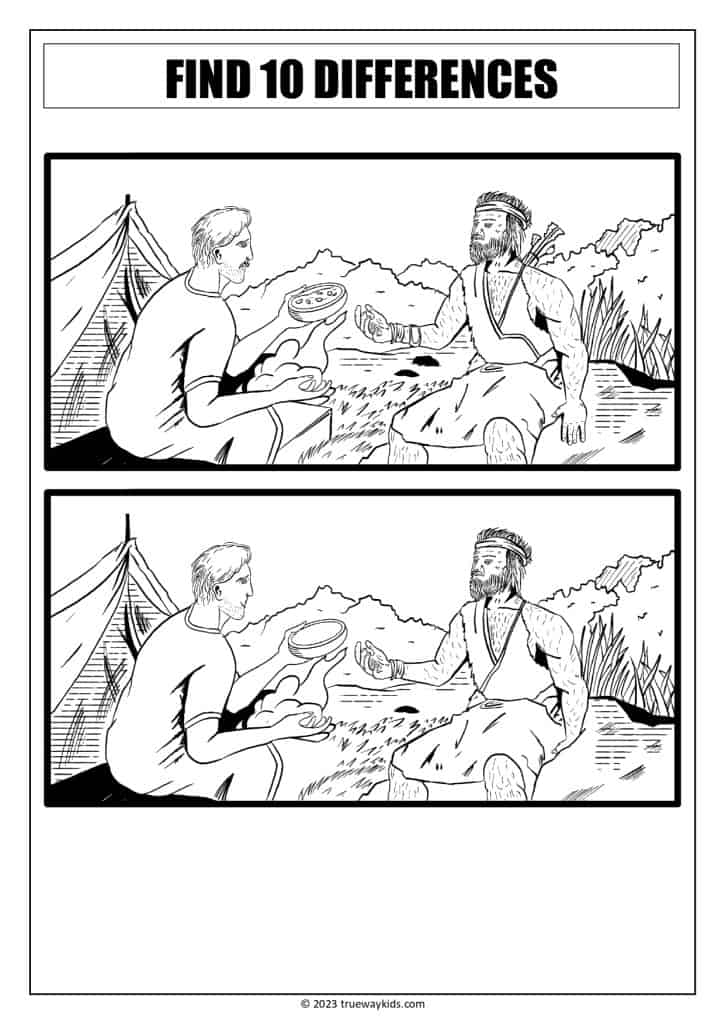
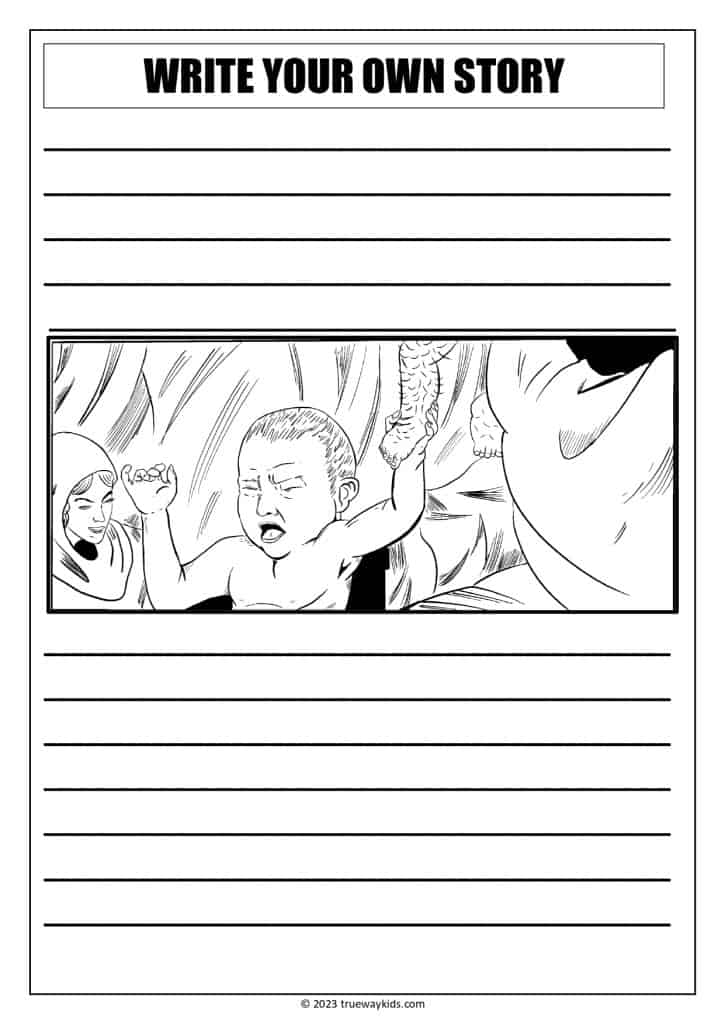
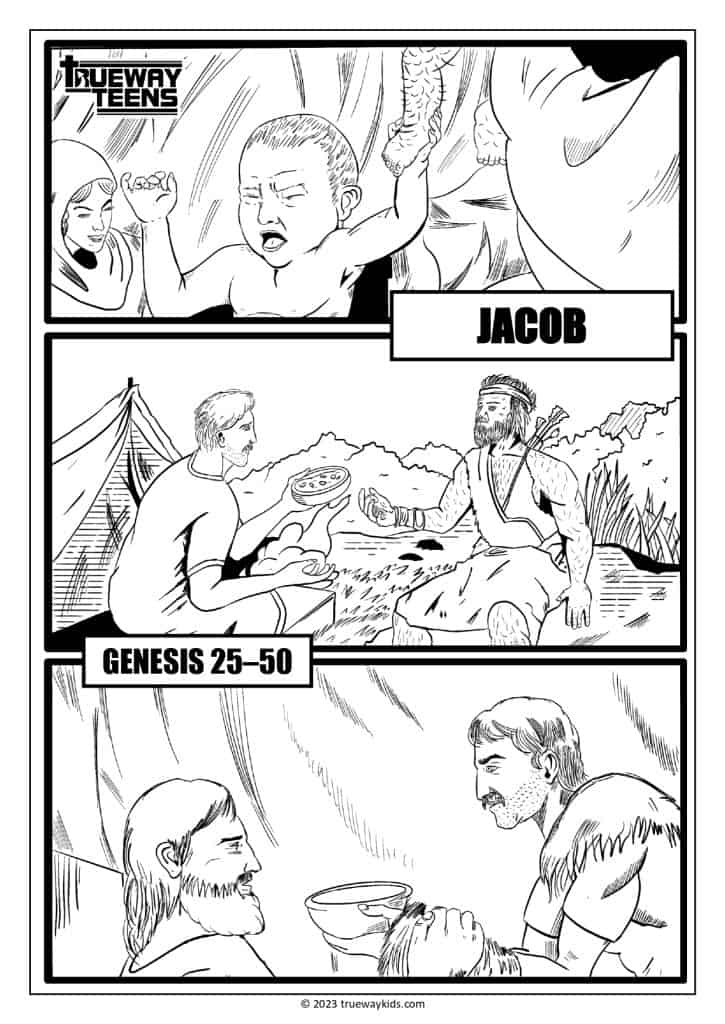

DOWNLOAD THE FREE PRINTABLE LESSON





